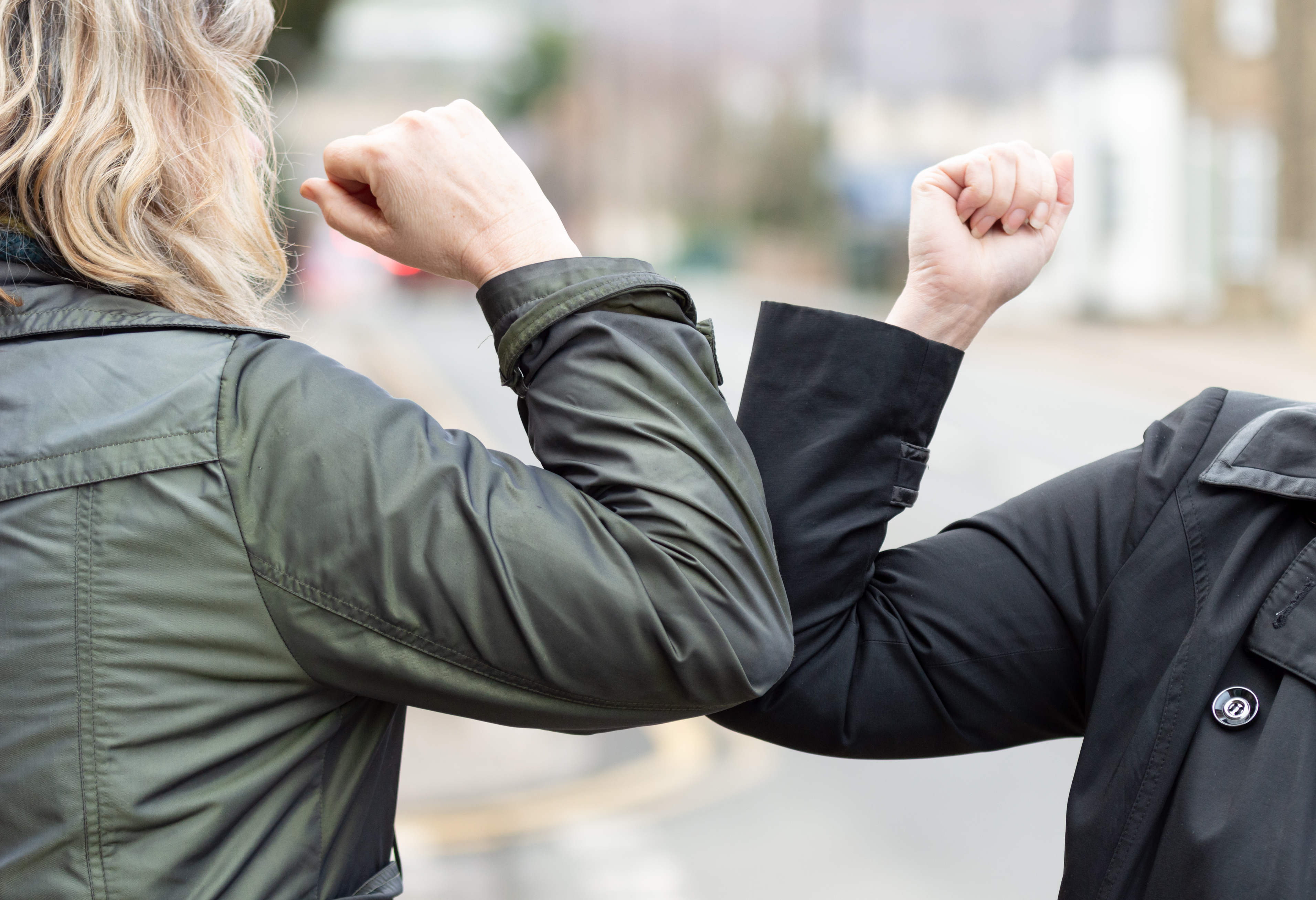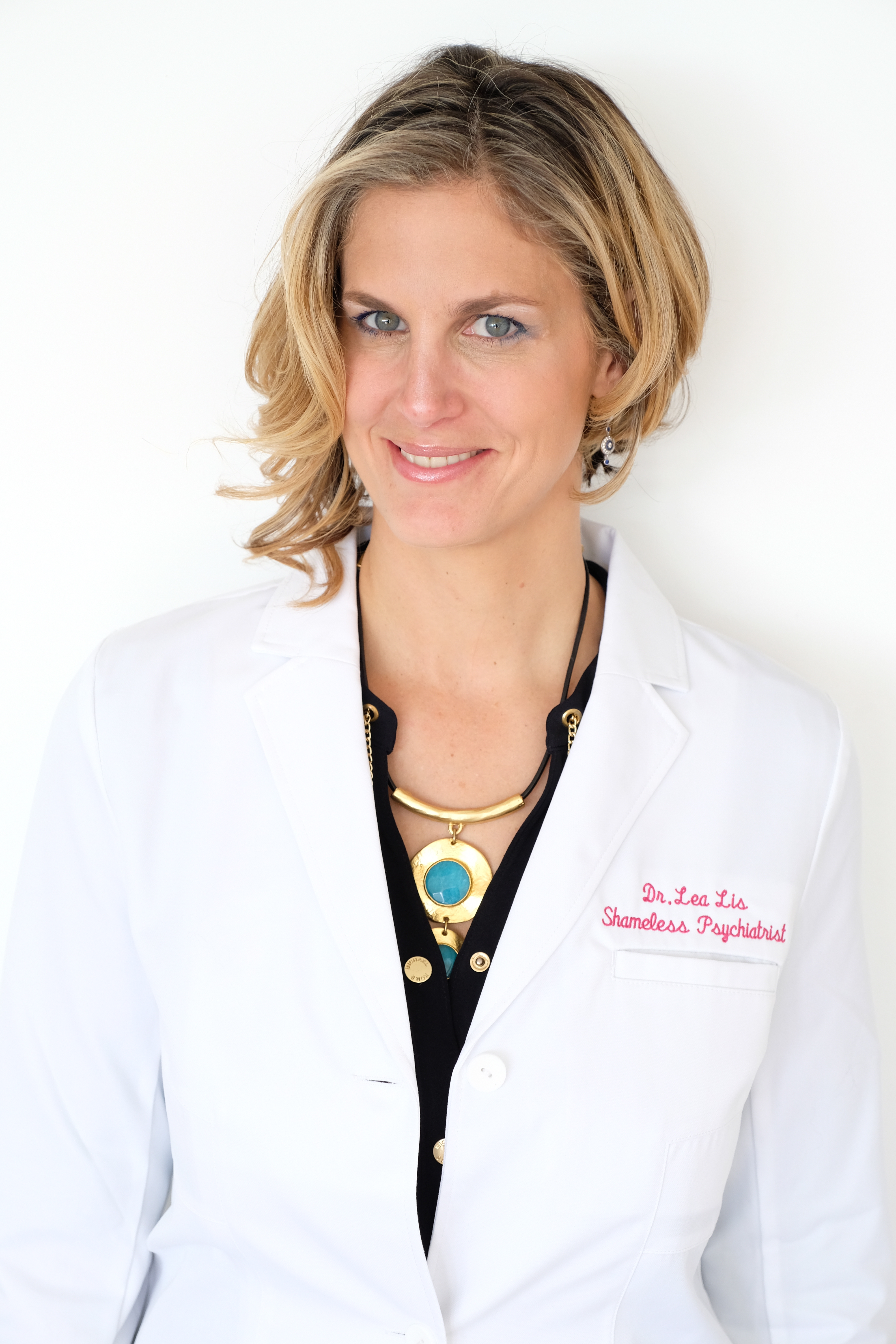
As a medical doctor, I am acutely aware there are risks and benefits to everything. It may seem obvious to socially isolate right now. However, human beings are social creatures, and social isolation is considered cruelty in most circumstances. Studies on both monkeys and humans have shown this can have devastating impact on our psychology.
The famous study on Harry Harlow’s monkeys found that monkeys left without contact with other monkeys quickly got sick and died. Everyone understands how devastating social isolation can be. Remember the movie Castaway? Tom Hanks started to talk to his volleyball, naming it Wilson, after months of being left alone. And, he was willing to risk his life to rescue it.
So now, many of my friends don’t want to see me. And I am thinking, “Well, what are the actual pros – and cons – of social isolation?
Social distancing is important in controlling an outbreak. It makes sense to restrict your family from going to restaurants, or other crowded places. And many places are shut down, so it’s not even a choice. How far do we need to go? Do we hunker down and not even answer the door?
Well, the choice is not that obvious. For example, if your kid is an only child, can he/she still go on playdates? Or what if you are single? Can you still go on dates or meet up with friends?
Unless you are sick yourself, or in a very high risk group, the answer is: Yes! You must weigh the risks of depression and anxiety, which will result from self-imposed isolation.
This may be worse than the risk of some contact with others (keep the groups small and try to stay seeing the same people over and over). If your friends are not sick, and if you are in a place where there is not a stay in place quarantine order then the risk is minimal. Especially, when compared to the risk of being alone and going into a negative spiral.
Why? Because the risk of transmission is less in small groups. And, it is less with those who do not show any symptoms. This situation might be around for a long time and we have to live somehow. But the risks of getting very sick go up when people are over 65 or older, or have a chronic medical condition, so in evaluating the risks versus benefits of socializing it puts more weight in the social isolation category.
If you decide for the social distancing versus isolation approach some things you can do to mitigate the risk: You can try to see the same people over and over to avoid exposure to lots of new vectors of infection (aka: it is a great time for repeat playdates!).
It’s a great time to spend more time outside – weather permitting. There is less risk for transmission this way, due to less surfaces being contaminated. Just bundle up and spend time outside! When you are older or have a medical condition, the risks of the virus go up, and the benefits of social isolation go up.
Don’t worry. There are some things you can do that present a very low risk:
- It is time to learn how to use Zoom conferencing and FaceTime. This will allow you to spend more time interacting with your family and friends.
- Spend dinner time together. Put the camera on during meals and you can eat together.
- Take outside walks with family members, and don’t touch or interact with other people. Stay six-feet apart as best as you can.
- Gratitude practices are great. You can do this online and in person. Everyone can go around the circle and say what they are grateful for. You can even do this during dinnertime or meals.
Remember that social isolation has its risks, too. When in doubt, keep a level head, evaluate the real risks and benefits in a rational way, and do what is best for YOU.

